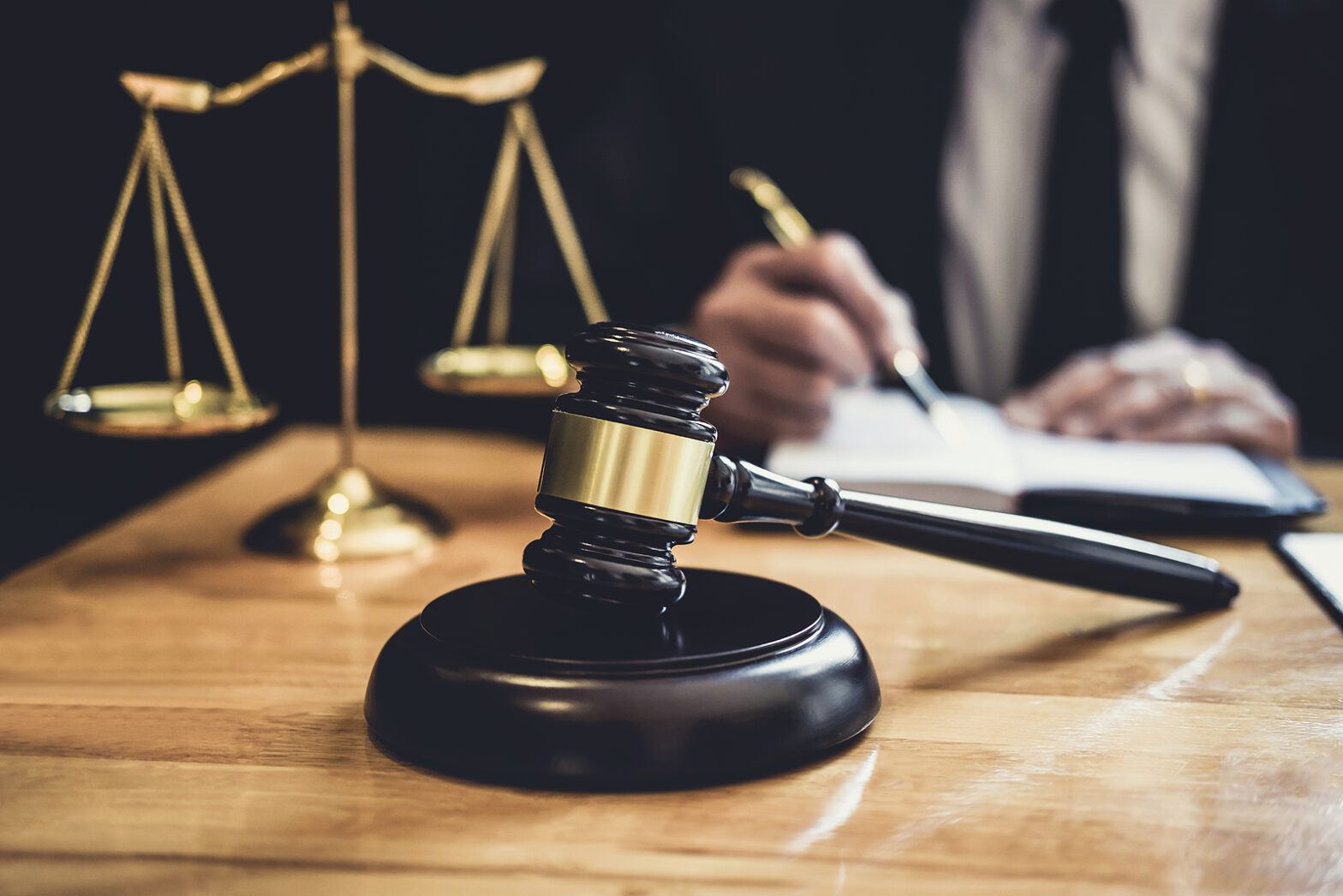When is Unconsciousness a Valid Legal Defense?
Unconsciousness can be considered a valid legal defense to crimes of both specific and general intent. In a criminal case, it is assumed that the defendant was conscious when he or she performed the alleged criminal act as long as it appeared that person was in a state of consciousness. If your criminal defense attorney is using unconsciousness as a defense in your case, it is up to your defense lawyer to show that you were unconscious.
However, the issue of what exactly unconsciousness is can be a source of great debate. This is especially true in criminal cases where a defendant seemed to be conscious at first. This issue of consciousness was explored in the recent court case People v. James.
What Happened in People v. James?
Officers were called in regards to a mentally disturbed person behaving violently. He was seen running around a parking lot attempting to climb the exterior of a building, crashing his head into cars and removing his clothes. He then reportedly demanded a kiss from an alleged victim and bit her multiple times on the face, then knocked her down.
When law enforcement officials arrived at the scene, they told the man to get on the ground. Instead, he turned to face them and continued to run around. He tackled the alleged victim and attempted to kiss her again. Officers pulled him away and tased him, but he continued to crawl toward the victim. Responding to repeated threats from police officers, the man reportedly said “tase me.” Officers finally subdued the man while he continued to yell and mumble.
What Did the Court Decide?

The defense motion to instruct the jury on unconsciousness citing a psychological report saying that the defendant was suffering from a psychotic episode was also declined by the court, finding that a psychotic episode or altered reality isn’t unconsciousness.
On appeal, the court reversed the judgment made by the lower court. The court concluded that there was ample evidence to show that unconsciousness was possible enough to warrant instruction to the jury. The court ruled that the jury can use contrary evidence when making a decision on whether the defendant was conscious, and because of this, the unconsciousness jury instructions should have been given. Furthermore, the appellate court found that someone’s mental state, or unsound mind, can also induce “unconsciousness.”
What Do You Think?
At Wallin & Klarich, we value your opinion. We want to hear what you think about the unconsciousness defense and how it works in criminal cases. Do you think the appellate court was right in reversing the decision of the lower courts? Do you think unconsciousness should be a defense in criminal cases? Is a psychological or mental disorder enough to be considered unconscious? Please share your thoughts in the comments section below.




